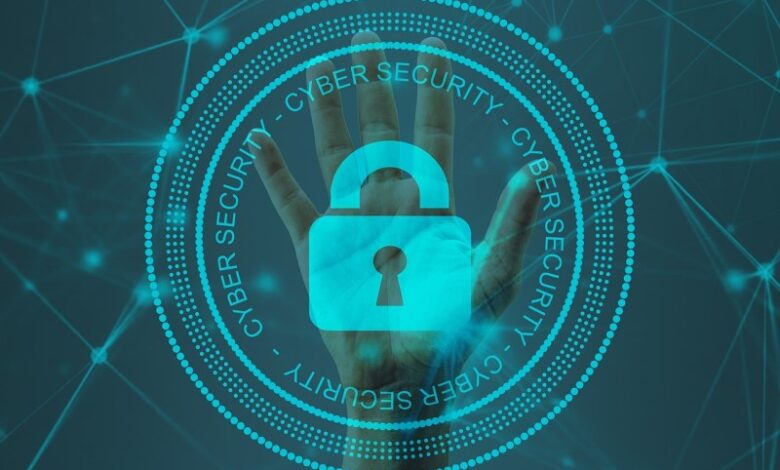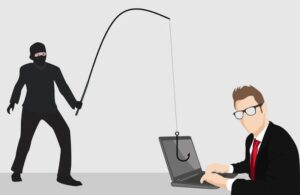6 Must-Follow Rules to Secure Your Crypto in 2025

Crypto has always been a market where you need to be cautious about your financial moves and personal data security. As the industry evolves and digital assets become more adopted than ever, safety threats also increase.
Phishing and other scams have reached an advanced level. For example, always check the Litecoin price with a reputable source if you plan to buy it. Otherwise, someone might scam you by offering unrealistic information and trading terms. In today’s market, it’s not only the job of decentralized platforms to keep you safe. You also need to take steps to preserve maximum cybersecurity. Here are the top six rules to follow to ensure your digital assets remain protected in 2025 and beyond!
1. Use a Hardware Wallet for Long-Term Storage
If you are an active trader who frequently swaps currencies, it’s okay to keep them in software wallets. These funds need to be easily accessible, so having them in web-based wallets is understandable despite potential vulnerability. The thing you can do is to increase the security of the funds you plan to hold for a while. It’s best to store these in hardware wallets without an internet connection.
Hardware wallets ensure that your private keys to access the funds remain offline. If digital assets aren’t available on the internet, even the smartest hacker can’t steal them. A hardware wallet stores sensitive information on a physical device, such as a flash drive. If you want to access funds, you need to connect the device to a computer and type your credentials. That means your funds remain safe even if someone hacks your computer, provided that you haven’t connected the hardware wallet to it.
Some examples of popular hardware wallets include Ledger and Trezor. These are premium products, so you won’t receive them for free. However, it’s a small investment compared to having peace of mind knowing your funds are secure away from the internet.
Enable Two-Factor Authentication Everywhere
A couple of decades ago, it might have been enough to use a fairly strong password to protect your account. Today, it’s necessary to activate 2FA – two-factor authentication. Fortunately, most online trading platforms and crypto wallets offer this feature.
Two-factor authentication means that you need to go through two steps to verify your identity and access the account. Here are some 2FA methods that you might use:
- Email authentication. It’s the basic form that involves receiving a code to your email to confirm it’s you. However, your mail might also be prone to hacking.
- SMS verification. A phone message can also be a way of confirming your credentials.
- Authenticator apps. Your safest option is to use Microsoft Authenticator, Google Authenticator, or a similar app. The software will create a time-sensitive code that changes 30 seconds or so. That makes it harder for someone to hack it and get unauthorized access.
3. Avoid Phishing by Verifying Links and Apps

If you need a reminder, phishing includes using false information to mislead you into providing your account details. Nowadays, we see more phishing attacks than ever. Cybercriminals are sending fake emails, creating fraudulent websites and apps, and even making malicious browser extensions.
Here are some tips on how to remain safe from phishing:
- Always double-confirm the URL. If you are visiting a website or entering some sensitive information on a page, always make sure that it’s the official domain of the wallet or the exchange.
- Don’t click links in suspicious messages and emails. Even if you do, make sure not to approve any installations or provide sensitive details.
- Don’t download apps from unverified sources. You can download them from official websites or app stores since they are the safest sources.
4. Never Share Your Seed Phrase or Private Key
It has always been the primary rule of crypto that your wallet’s sensitive information should remain private. That’s a personal thing, and you should keep it that way. Even your closest people shouldn’t know or have access to your seed phrases and private keys. Not because you don’t trust them, but because someone might scam them to get these details.
Another thing to consider is that you should be aware of fake websites and representatives. Never download wallet updates that require the seed phrase first. Be careful of fake sites that look similar to your exchange, and never share your private keys with someone claiming to be the provider’s agent.
5. Keep Software and Wallets Up to Date
Some users find it a hassle to spend several minutes to keep their installations up to date. However, this is extremely important since it helps fix potential security vulnerabilities and guarantees you get the maximum safety level possible out of the developer.
It’s important to install updates for hardware wallets and wallet apps, but also antivirus and other protection software. Make sure to update your phone and computer operating systems regularly, too. If you don’t, it gives hackers a potential thing to exploit and break into your system.
6. Use Reputable Platforms for Buying Crypto
Whether you want to buy Litecoin or another crypto, it’s imperative to do this via reputable platforms. Shady providers might seem attractive, but they usually have poor security practices and not enough safety measures in place.
Some features to look for include 2FA authentication, transparent pricing, and excellent user reviews. You can conduct an online search of the desired platform to ensure that existing customers have a positive experience using it.
Crypto Safety Starts with You!
Let us remind you once again that your online security primarily comes down to your vigilance. If you want to protect your digital wealth, it’s important to invest some time and effort into digital security. Keeping your software up to date, using 2FA authentication when accessing wallets, exchanges, and other accounts, as well as sticking to reputable platforms when buying crypto, can help. While active online, make sure to be careful about potential phishing scams. No protective software can help you if you are careless, and investing minimum effort can go a long way in maximizing your cybersecurity.



